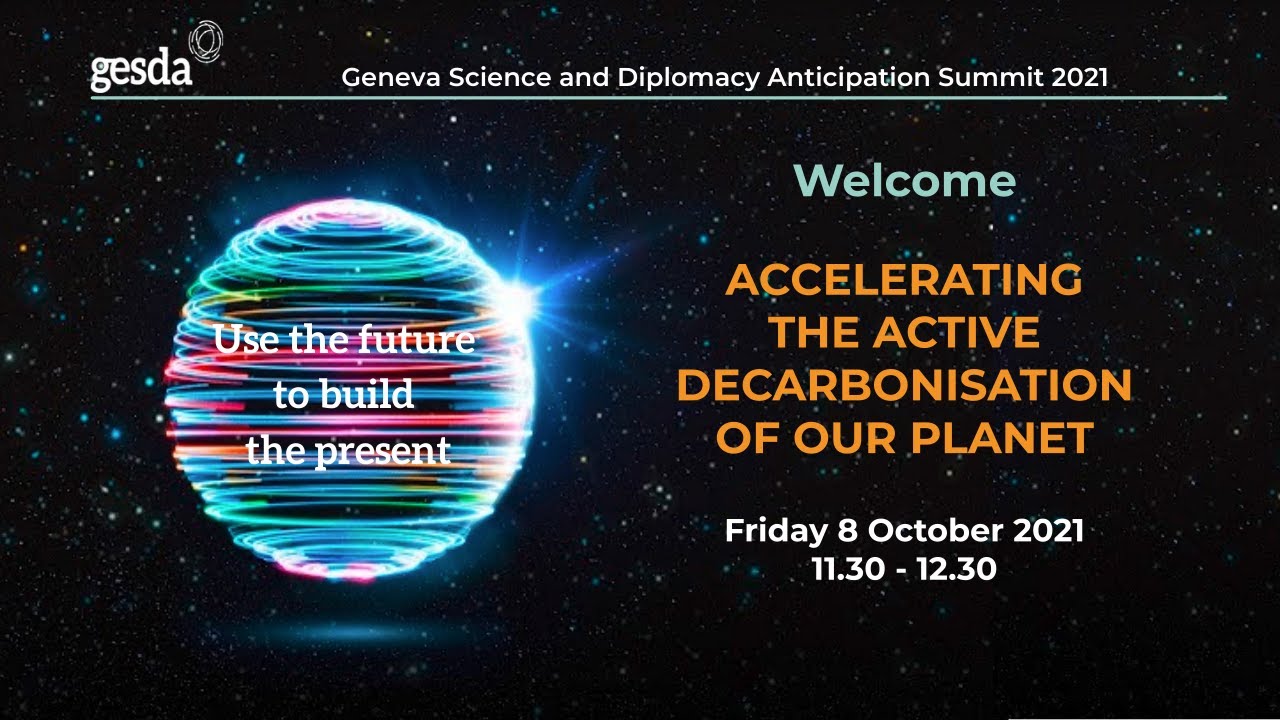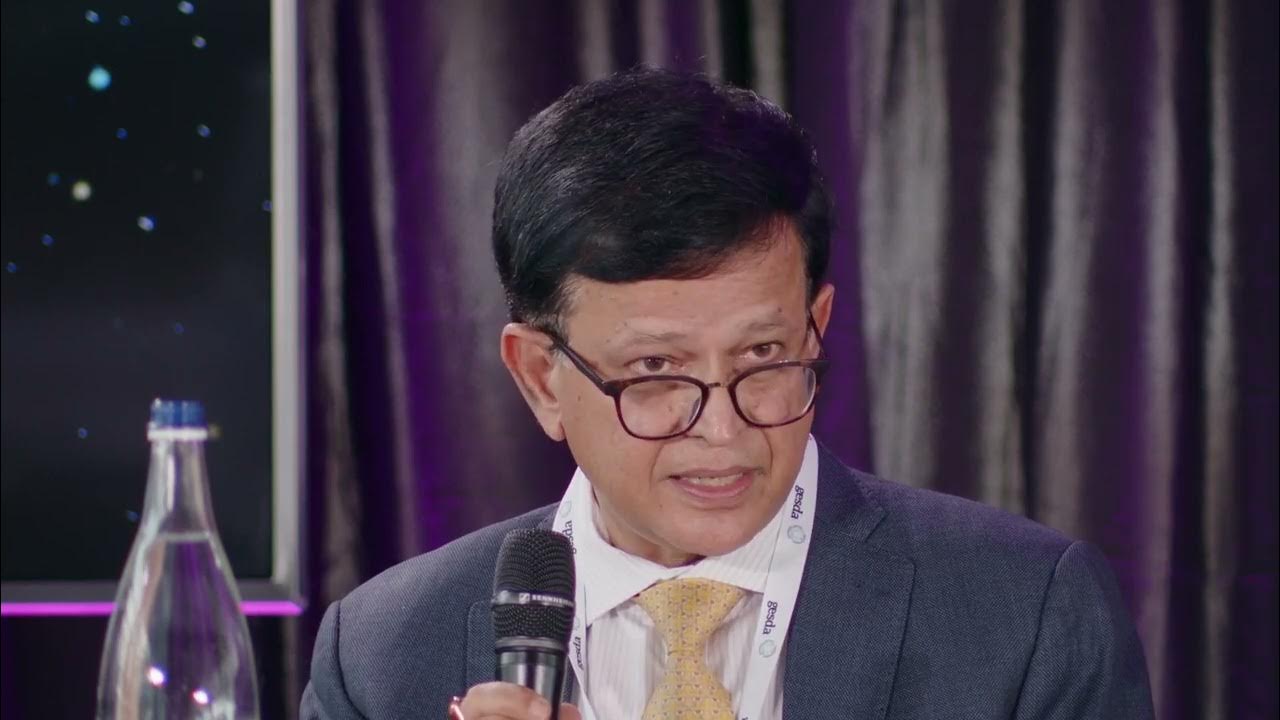Associated Sub-Fields:



The major emissions sources are:
Energy supply: 34% Industry: 24% Agriculture, forestry and other land use: 22% Transport: 15% Buildings: 6%.
In 2023, levels of atmospheric CO2 reached 419 parts per million, about 50 per cent higher than pre-industrial levels.3 As a result, Earth has warmed 1.18°C above the 20th-century average.4 There is now an 80 per cent chance that the annual global temperature will be more than 1.5°C above pre-industrial levels for at least one year between 2024 and 2028.5 To give a 50 per cent chance of limiting global warming to 1.5°C, we can emit no more than 275 GtCO2: at 2023 rates, we will use up this carbon budget in seven years.6
In the 2015 Paris Agreement, governments agreed to hold “the increase in the global average temperature to well below 2°C above pre-industrial levels” and pursue efforts “to limit the temperature increase to 1.5°C above pre-industrial levels.”7 Existing policies are insufficient and are likely to lead to 2.5°C of heating by the end of the century.8 However, current policies and pledges represent a significant advance on the position 10 or 20 years ago. It may be that we will soon hit tipping points where first pledges, and then policies, are sufficient to achieve the 2°C target. A number of science and technology-based strategies exist that will assist in achieving this goal.
KEY TAKEAWAYS
Decarbonising the global economy presents a significant technical and sociopolitical challenge. To limit warming to 1.5°C or 2°C, global emissions must peak by 2025 and fall rapidly. To achieve 1.5°C, net global emissions must fall 43 per cent from 2019 levels by 2030 and 84 per cent by 2050.1 Renewable energy such as solar and wind has a significant part to play and is rapidly becoming cheaper. There are also considerable opportunities in reducing energy demand, particularly from buildings, transport and certain industries. However, there are some hard-to-abate emissions, notably from agriculture and from certain forms of manufacturing such as steelmaking: reducing these emissions requires the development and/or scaling of new technologies. Finally, there are a number of negative emissions technologies (NETs) that can remove carbon dioxide from the air. These may prove useful later in the century but their scale is too small to offer a substitute for rapid emissions cuts.
Anticipatory Impact:
Three fundamental questions guide GESDA’s mission and drive its work: Who are we, as humans? How can we all live together? How can we ensure the well-being of humankind and the sustainable future of our planet? We asked researchers from the field to anticipate what impact future breakthroughs could have on each of these dimensions. This wheel summarises their opinions when considering each of these questions, with a higher score indicating high anticipated impact, and vice versa.
- Anticipated impact on who we are as humans
- Anticipated impact on how we will all live together
- Anticipated impact on the well-being of humankind and sustainable future of our planet







